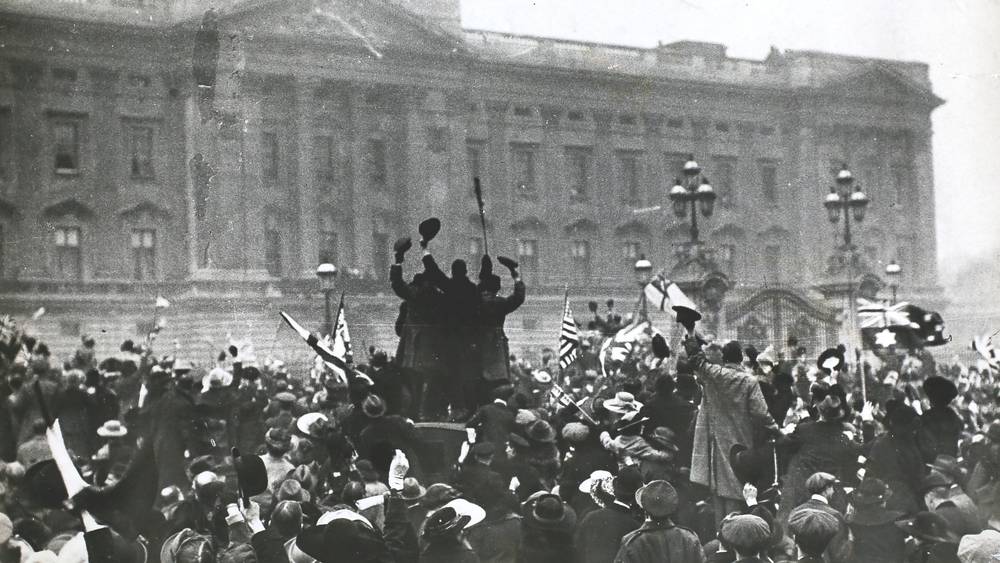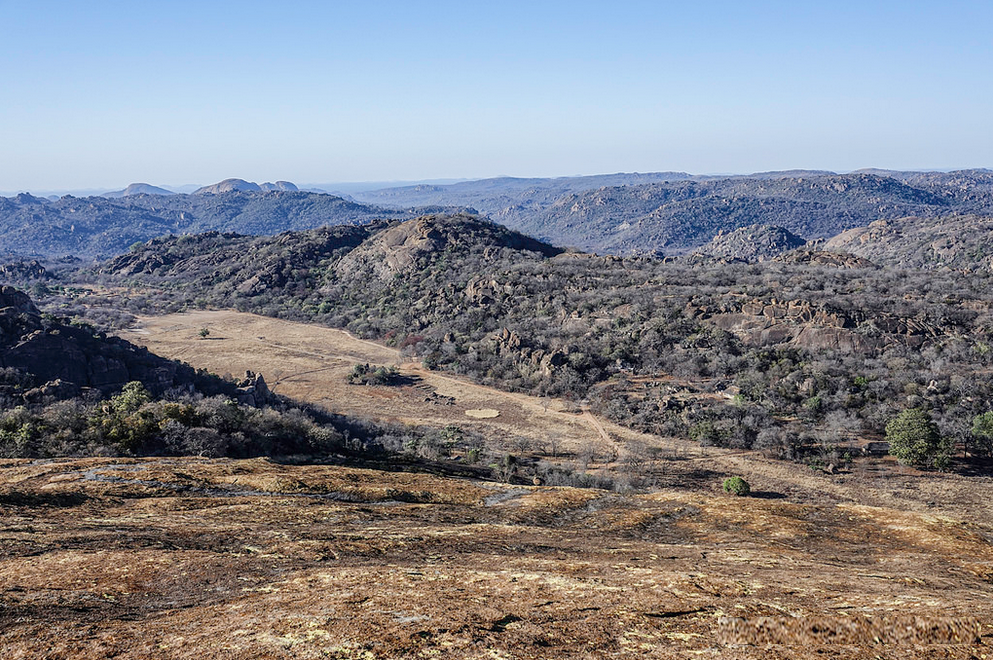Note: This was originally posted at Adam Piggott’s site on November 11, Armistice Day (Veteran’s Day in the USA now).
Today is the 100th anniversary of the end of The Great War. In just a few hours it will be 11am here in Holland which will be the exact time that the guns fell silent. The 11th hour, of the 11th day, of the 11th month. Autumn itself, the most bitter and beautiful month of the entire year.
Around the world and more specifically around Australia, moving and poignant ceremonies are being held. Speeches will be made where words will describe how these young men, simple citizens of their nation, willingly went off to fight in a conflict where so many of them would not return, and even if they did their lives would never be the same again.
If the soldiers who fought in The Great War were able to look around Australia today, they would not recognise the nation for which they fought, bled, and died.
For we have betrayed them.
Today also marks the release of the extraordinary documentary by director Peter Jackson of that conflict. Jackson has taken archival footage from The Imperial War Museum and modified the image speed and color so as to produce a film that looks as if it were shot today. He used lip readers to examine the footage and then actors to repeat the actual words that the real men spoke all those years ago.
The most startling aspect for me on watching various scenes of this documentary is the fact that once we were nations. I see only Anglo-Saxon men here. My ancestors.
A nation is not soil, it is blood. A nation is not an economy, it is a culture. A nation is biology. And demography is destiny.
The conflicts of the 20th century instilled the belief in many that the idea of nations was flawed and had to be erased. If there were no nations then there would be no conflict. Apart from the incredible naivety of this idea, even a cursory examination of human history reveals its falsity. The nation destroyers want an empire, but all empires fall and thus nations emerge.
But they also desired an empire based on the notion of human idealism. The modernist movements were essentially a break from God. A turning away from Christianity. We had entered the modern age and modern man had no need of such superstitions because of our innate superiority to those who had lived before us. Those who had built our nations. Those who had fought and died to do so.
Apparently we were better than them. We were superior not because of what we had done but because of when we were born. The notions of sacrifice; of country over self; of God, were old fashioned.
But we were not better than them. We were far worse. For we believed the lies, we embraced the selfishness of the individual, we rejected God, we allowed ourselves to be seduced by hedonism, and we believed any fad that our rulers told us to be true.
A man who believes in nothing will thus believe in anything.
Our nations now exist on paper only. Lines on a map. In the bible the word nation refers to people, not lines on a map. Australia is no longer a nation, only it doesn’t yet know it. It is a collection of peoples with no common values, with no common history, and with no common blood. It is unrecognisable from what it was thirty years ago, let alone a hundred.
That is not progress; it is destruction.
We should be ashamed of what we have allowed our nation to become as we pretend to honor the memories of the men who fought and died to preserve it. Their nation has been given away to greedy and grasping foreigners, like the so-called refugees on Nauru island who recently rejected an offer to resettle in the USA because the welfare was not generous enough.
We gave it away because we allowed it to happen. And we allowed it to happen because we embraced the lie of welfare ourselves, that it is better to rely on a parasitical government than it is to rely on your own hard work and your community. We do not build; we tear down and destroy. And then we rot, in body and in mind but most horribly in soul and spirit.
The images in Jackson’s film show bodies rotting in the Flanders’ mud, but they died whole in soul and spirit. No matter how terrible, they died as a part of something. Today we are alive and a part of nothing. One of these is hell and it is not the one that we were told.
For we were a nation once, and young.

100 Years Ago Today, We Were A Nation
1 Comment
Leave a Reply
Latest from Culture

Dangerous Left Wing Rhetoric
On Saturday, July 13, 2024, an assassin came within inches of murdering Donald Trump on a live broadcast. Democrat talking heads immediately split into two camps: some said Trump staged the shooting

Movie Review: Streets of Fire
Underrated. Yes, the acting is forced, the lines are flat, the sets limited, but it makes up for it by being awesome. It's more of a modern Western than anything.

Calvin Coolidge on Independence Day
Speech Given July 1926 We meet to celebrate the birthday of America. The coming of a new life always excites our interest. Although we know in the case of the individual that

Edward the Black Prince
"Valiant and gentle...the flower of all chivalry in the world at that time.”

The Weimar Years – Part 5
Summary of the German Revolution, 1918-1919.




5